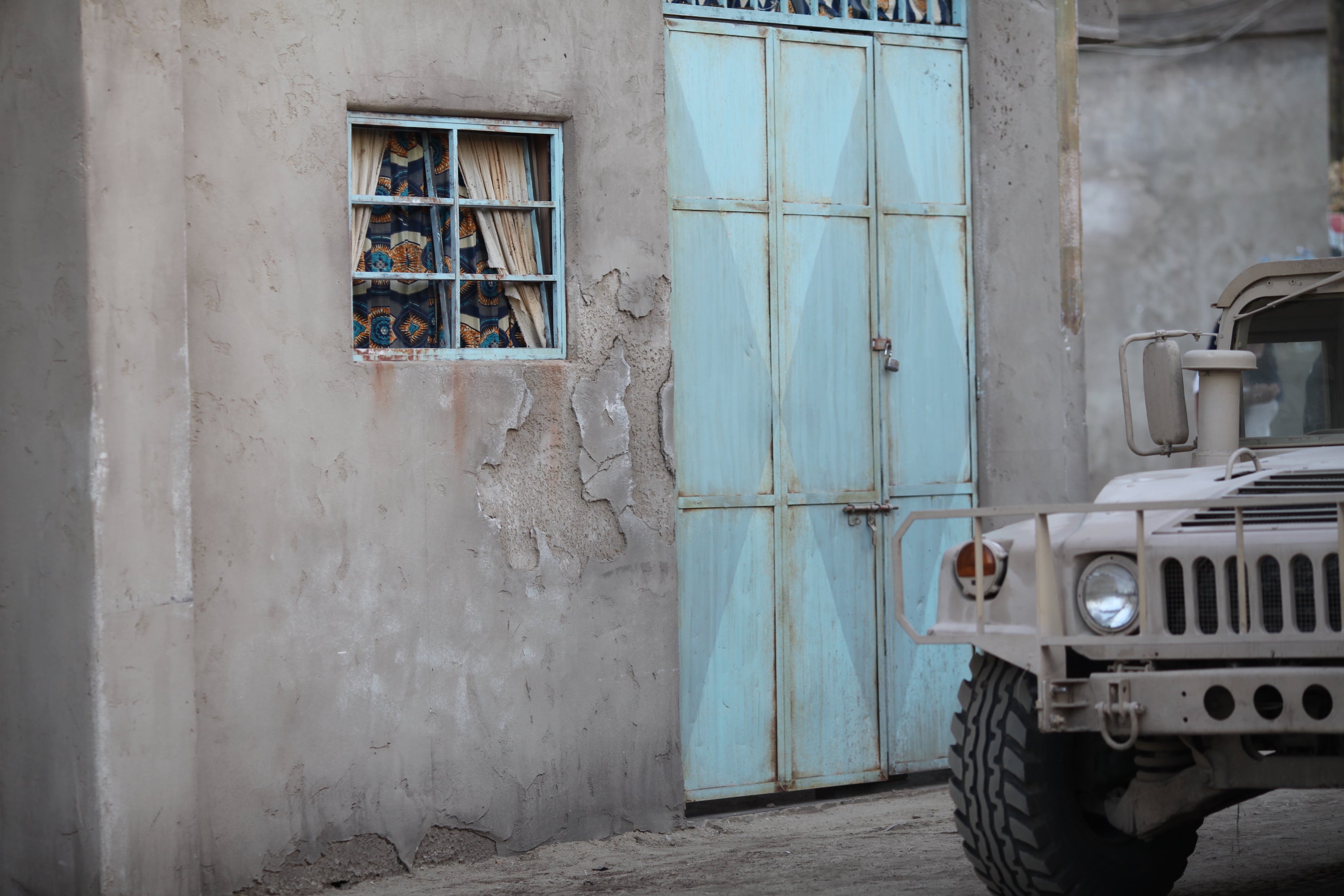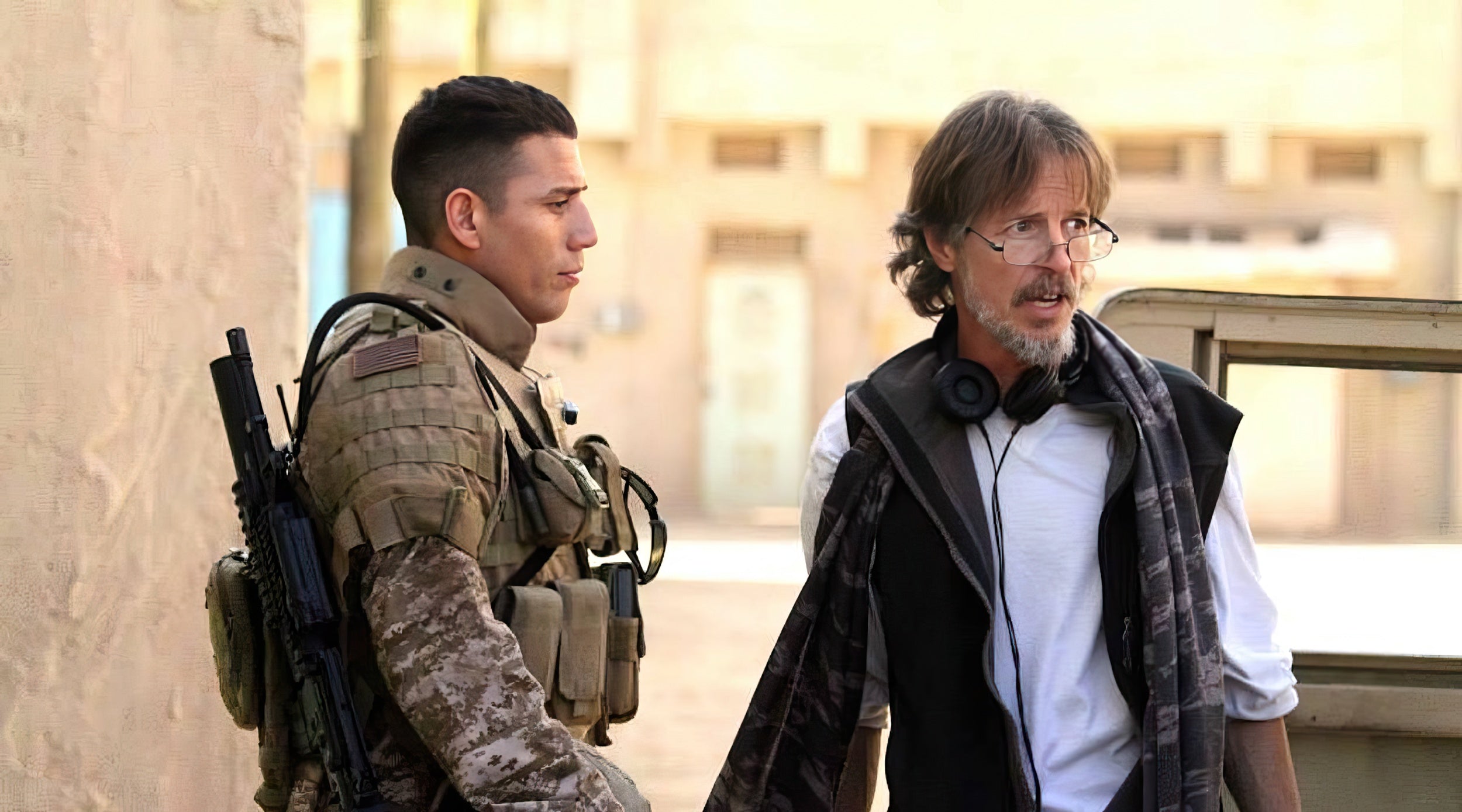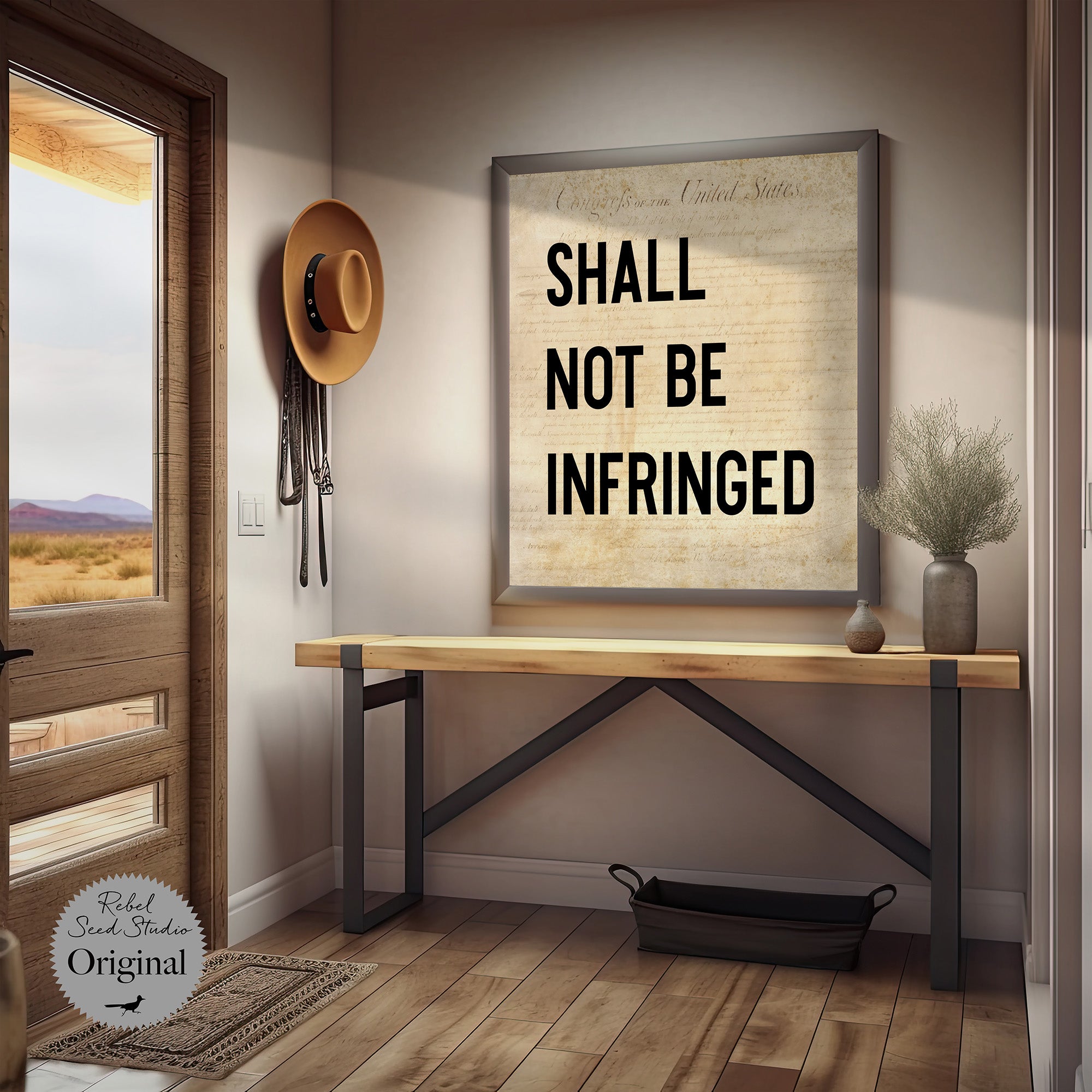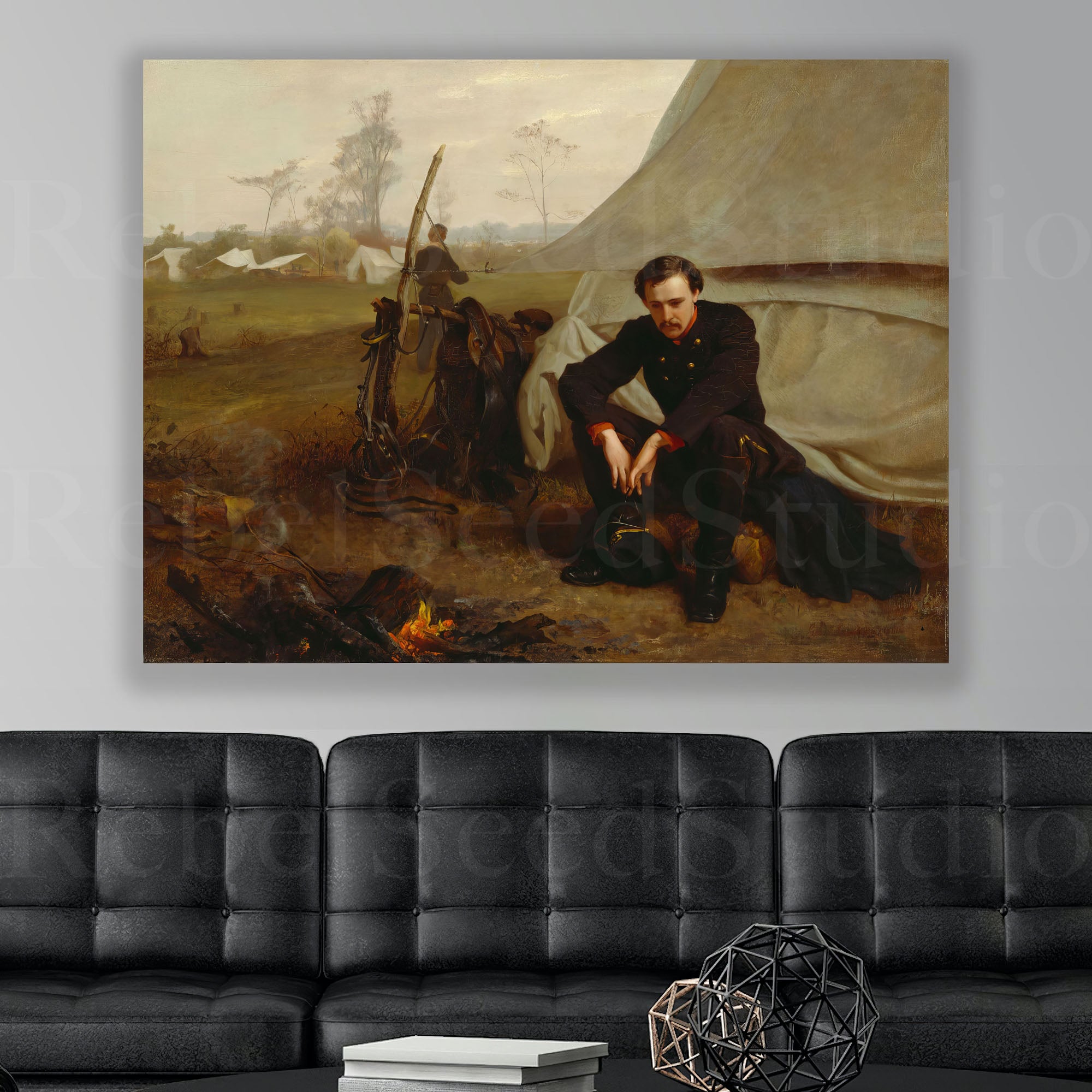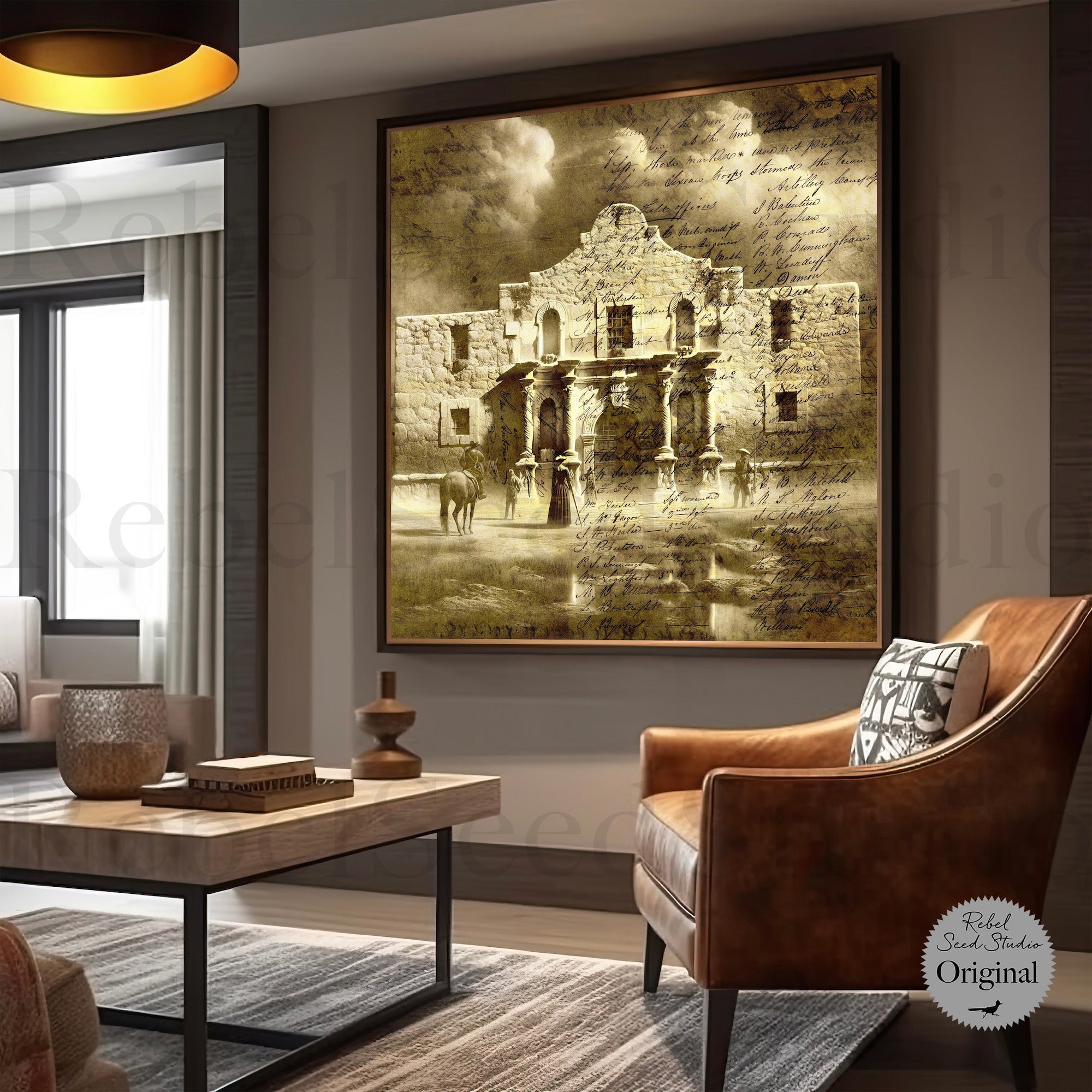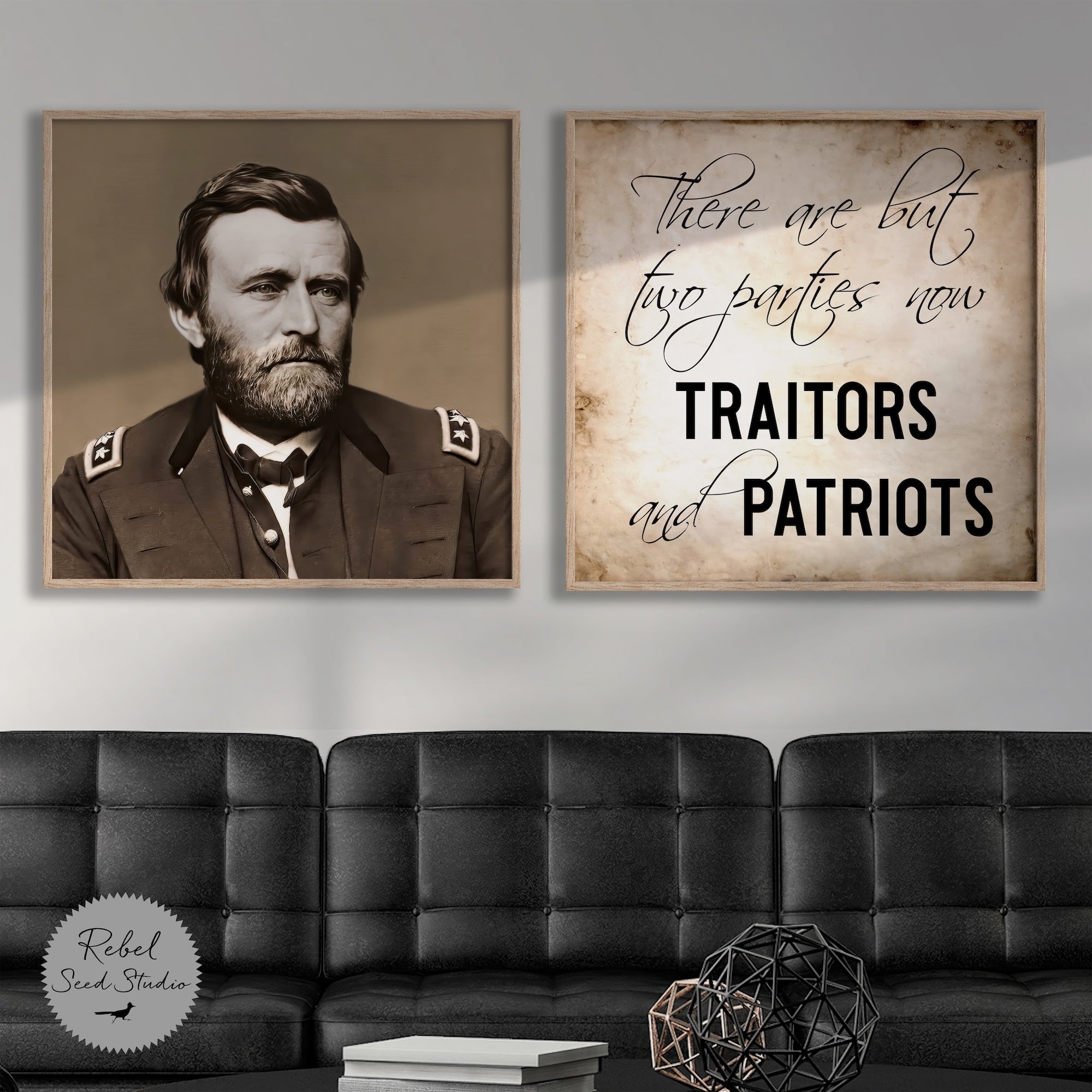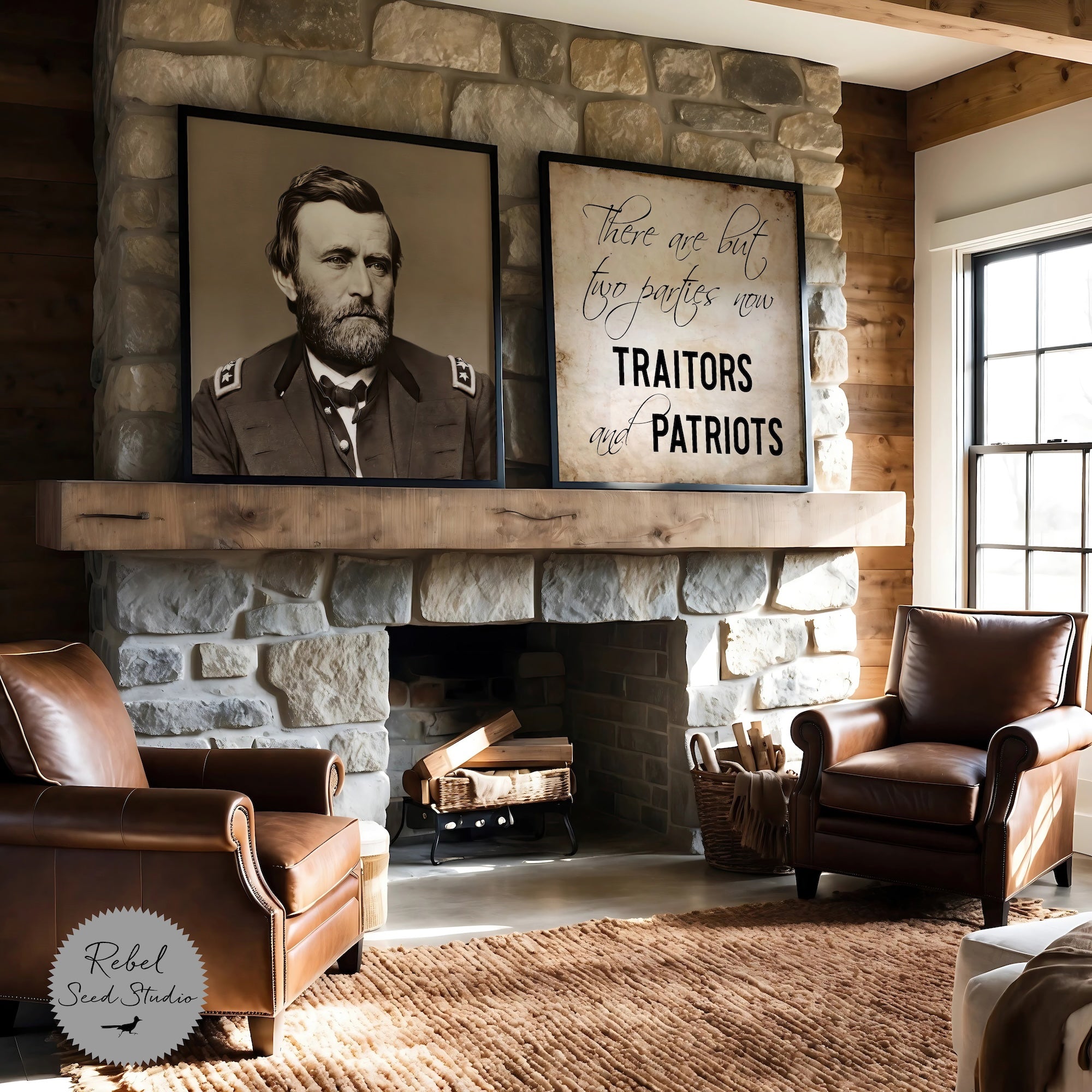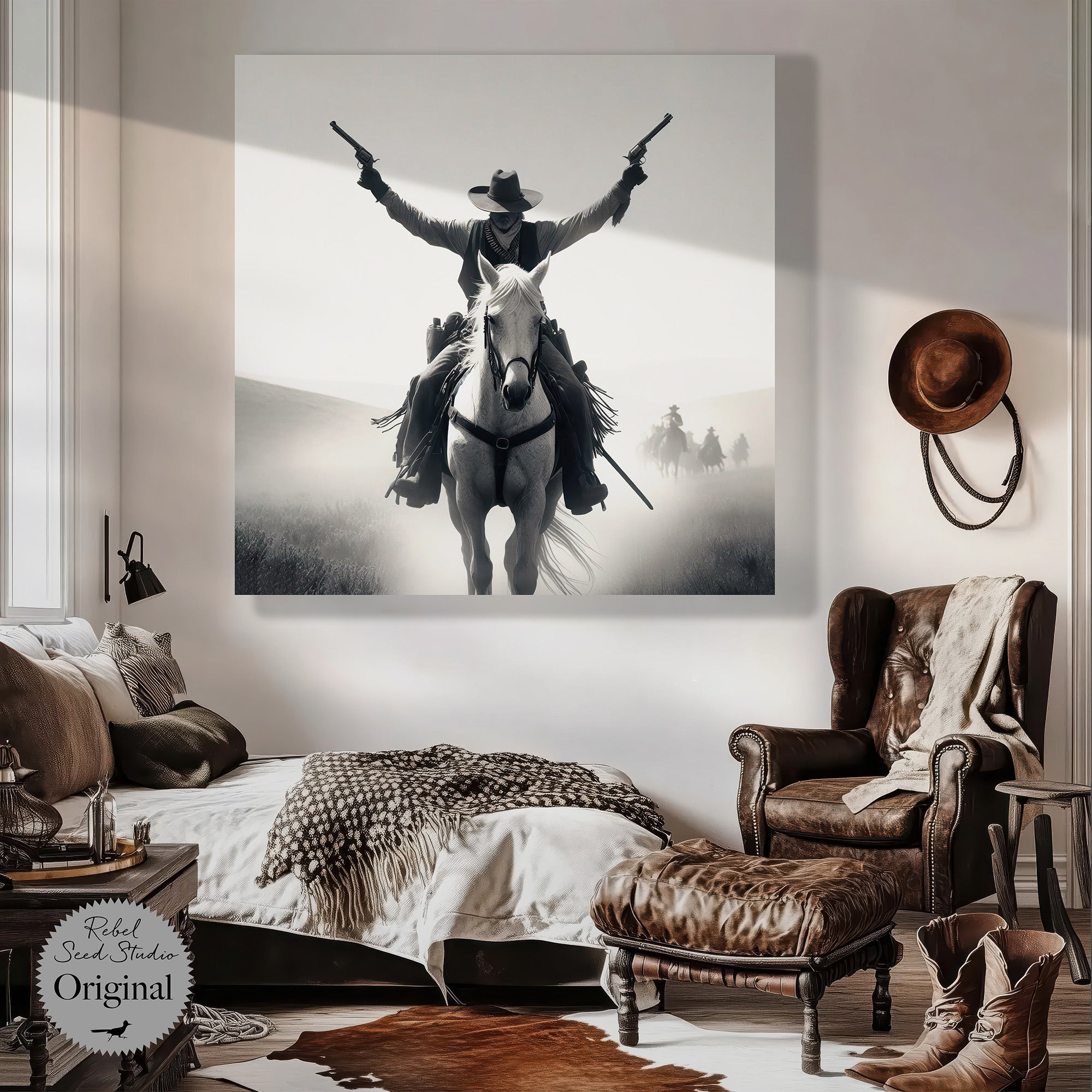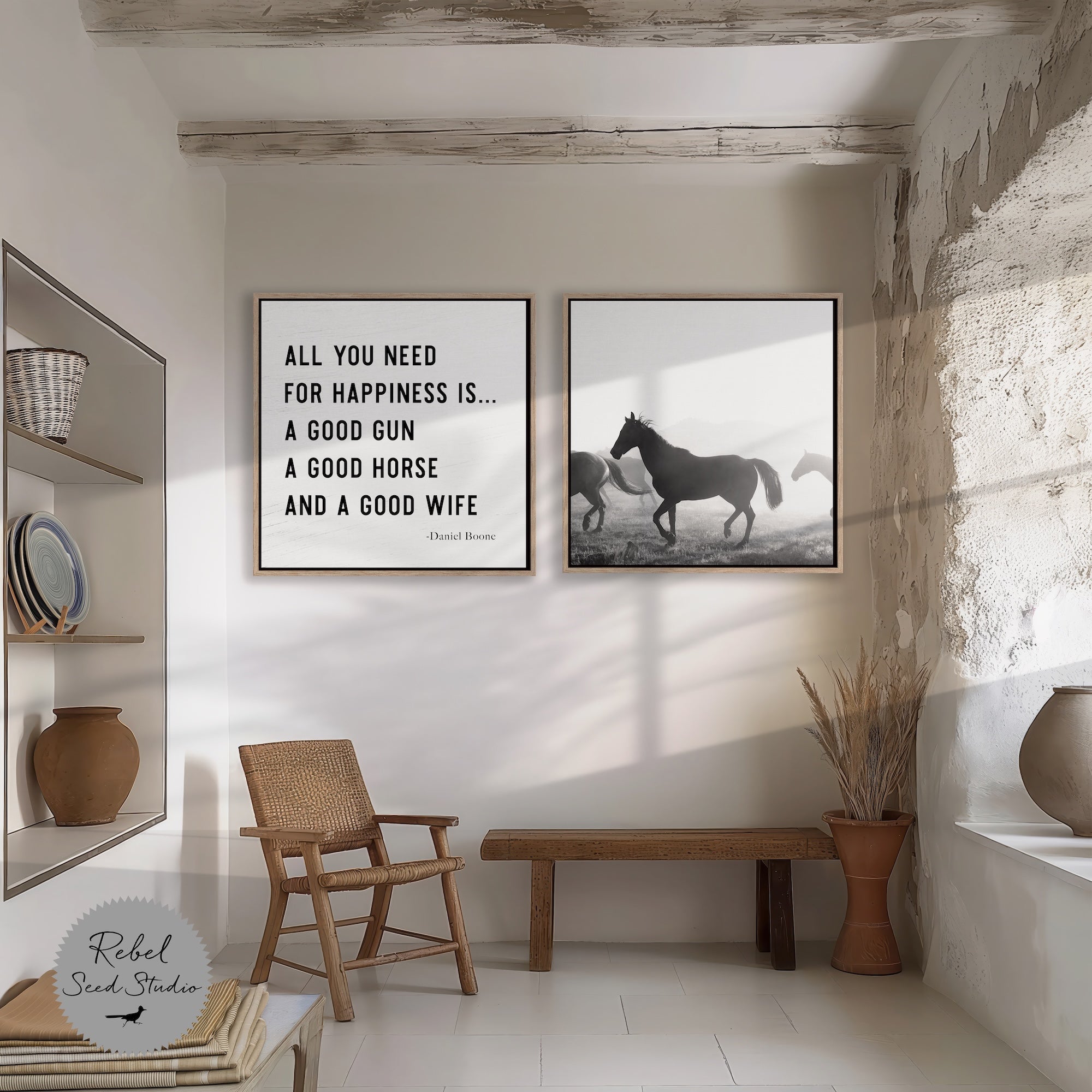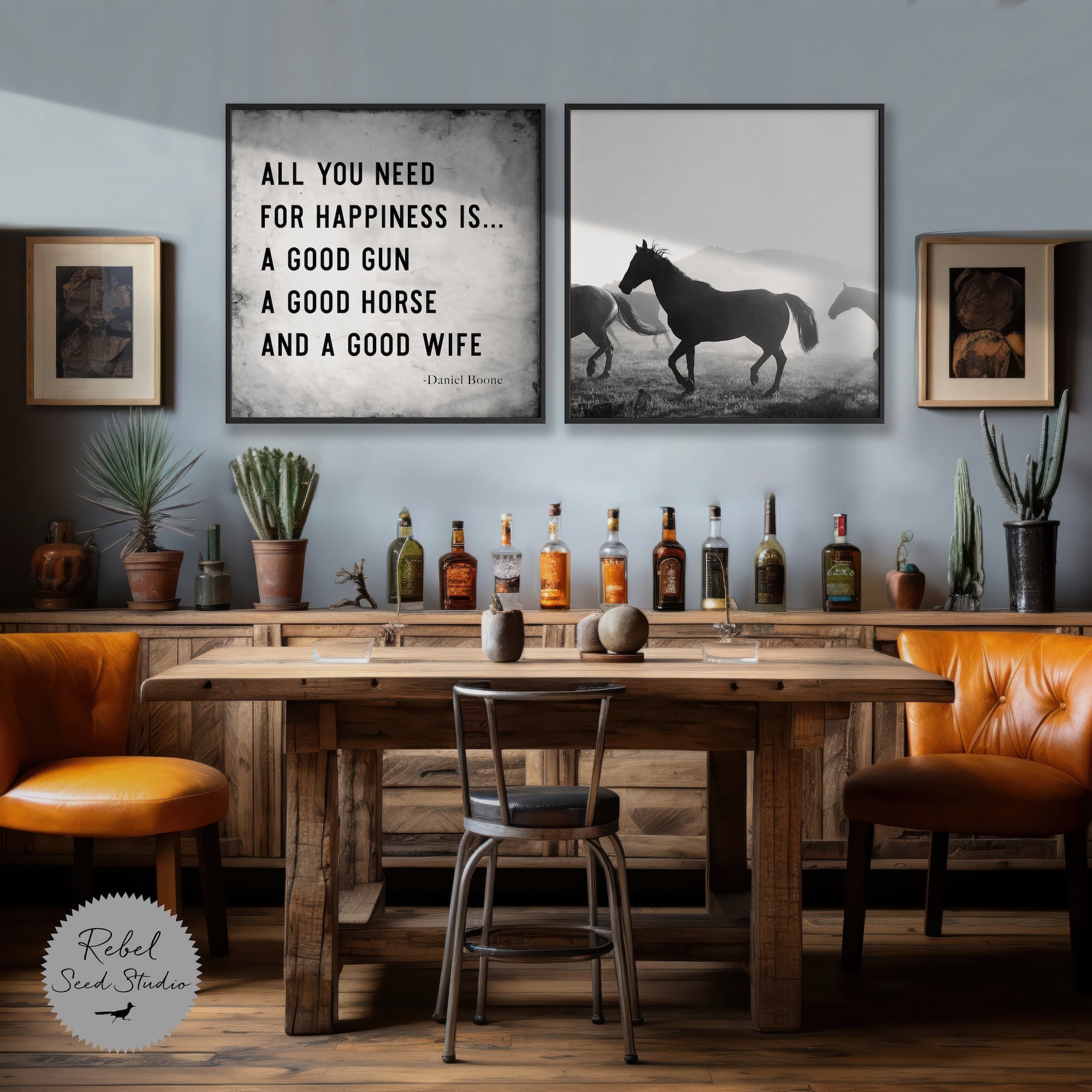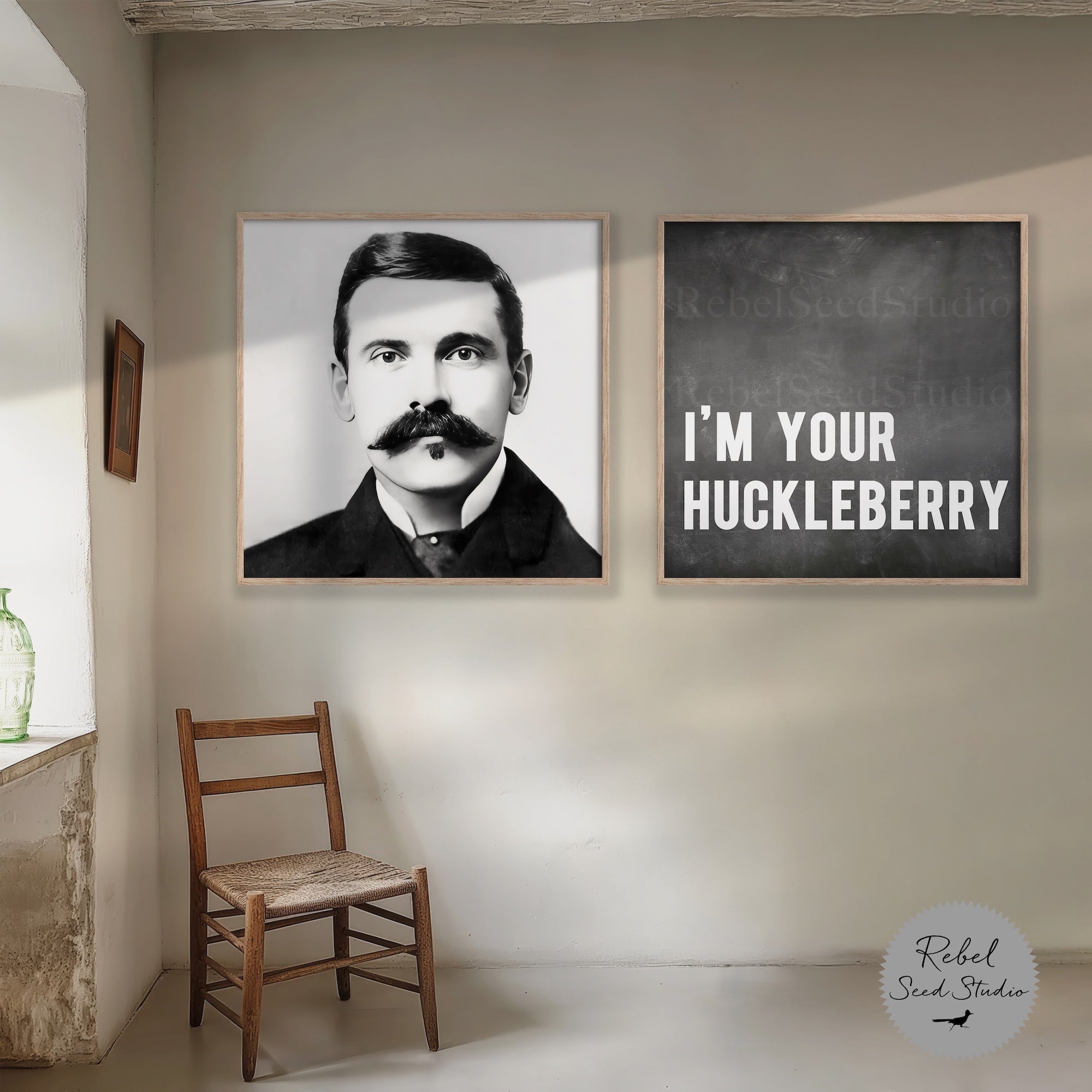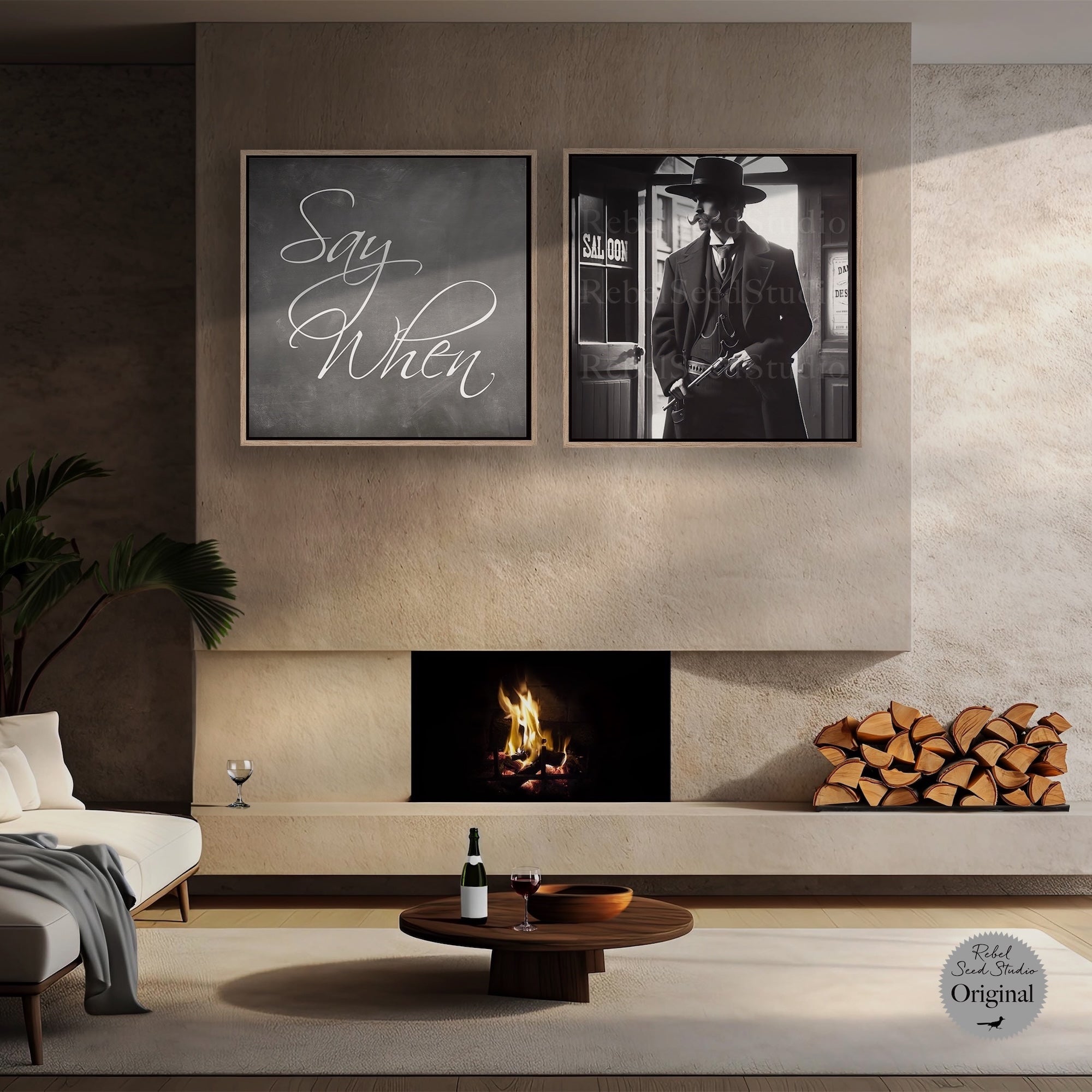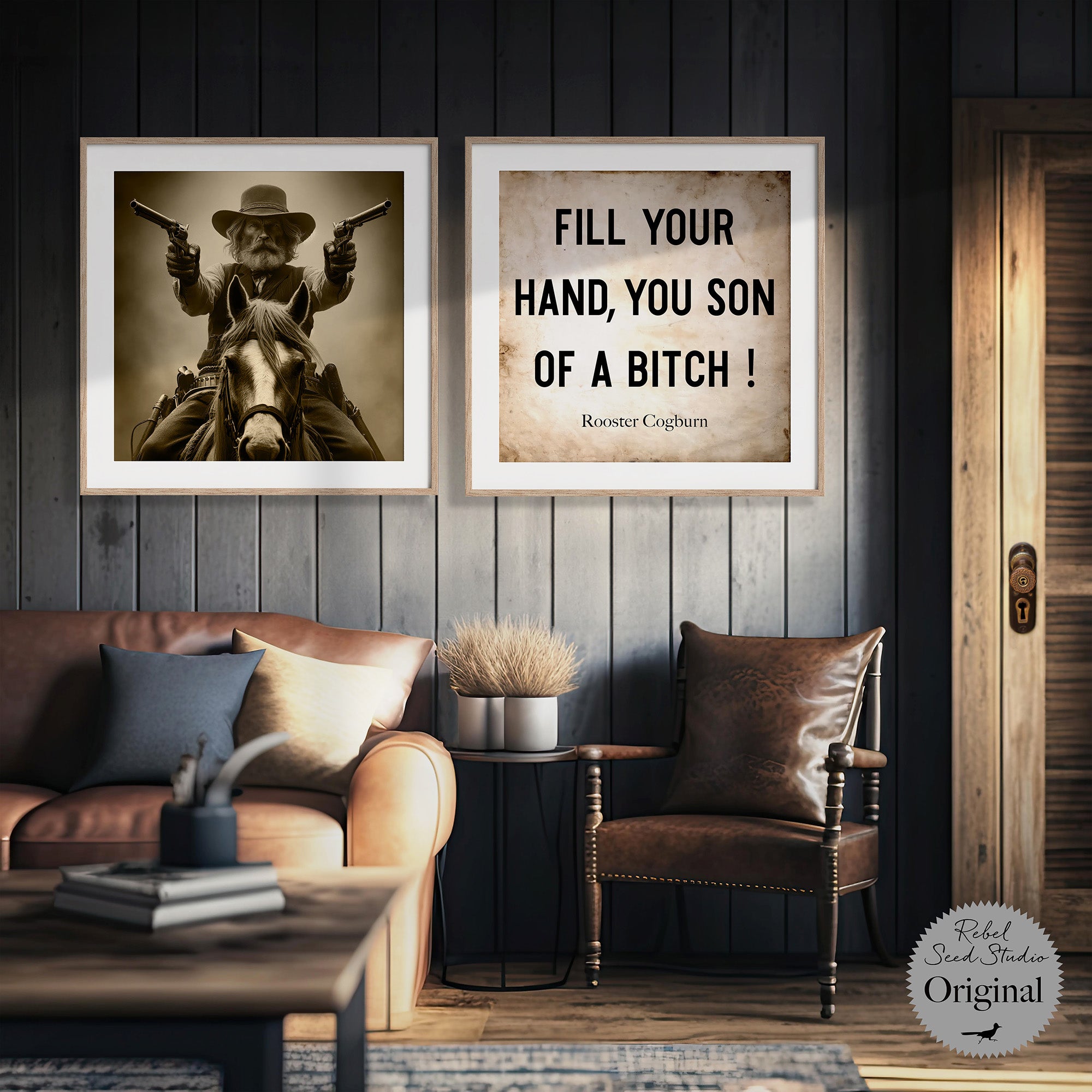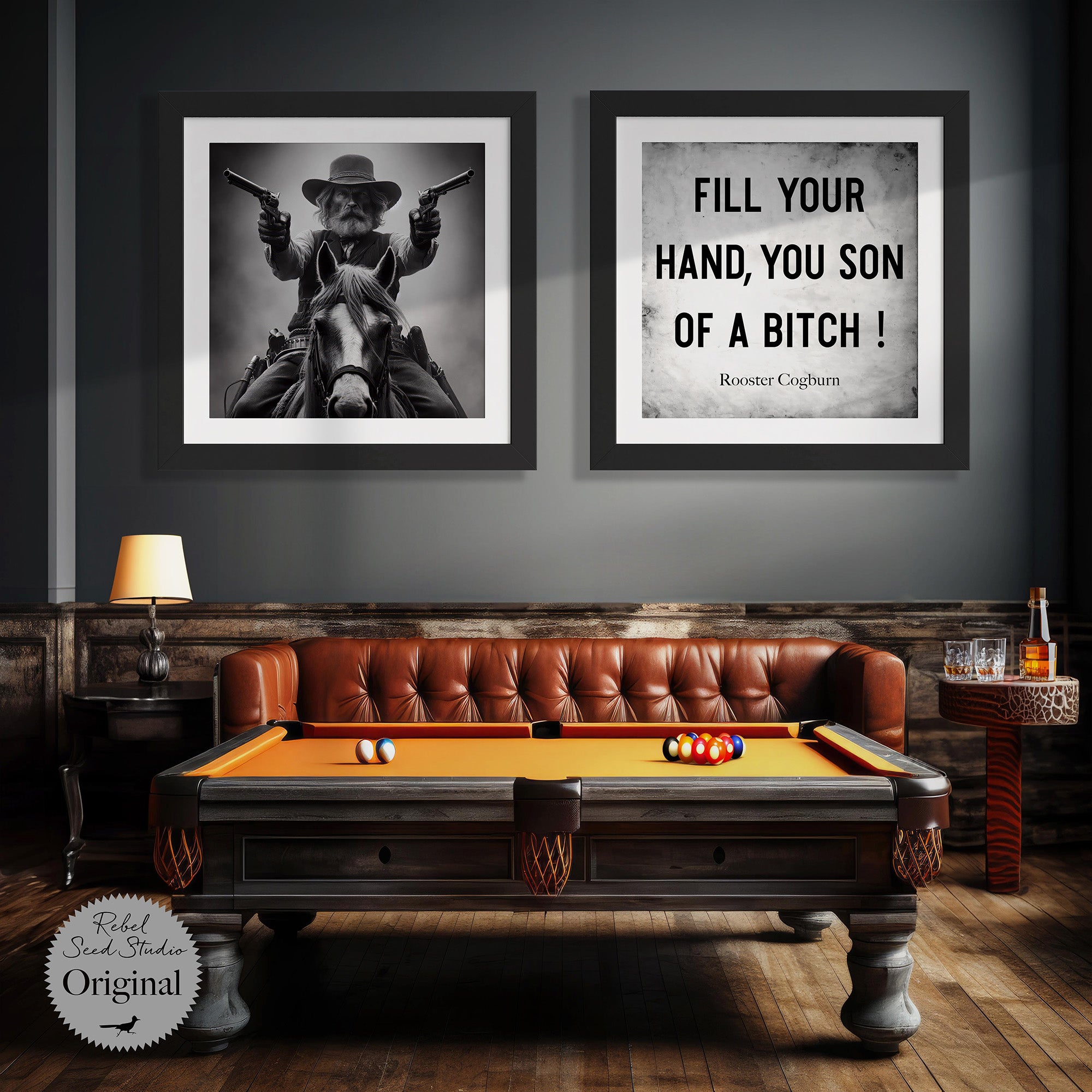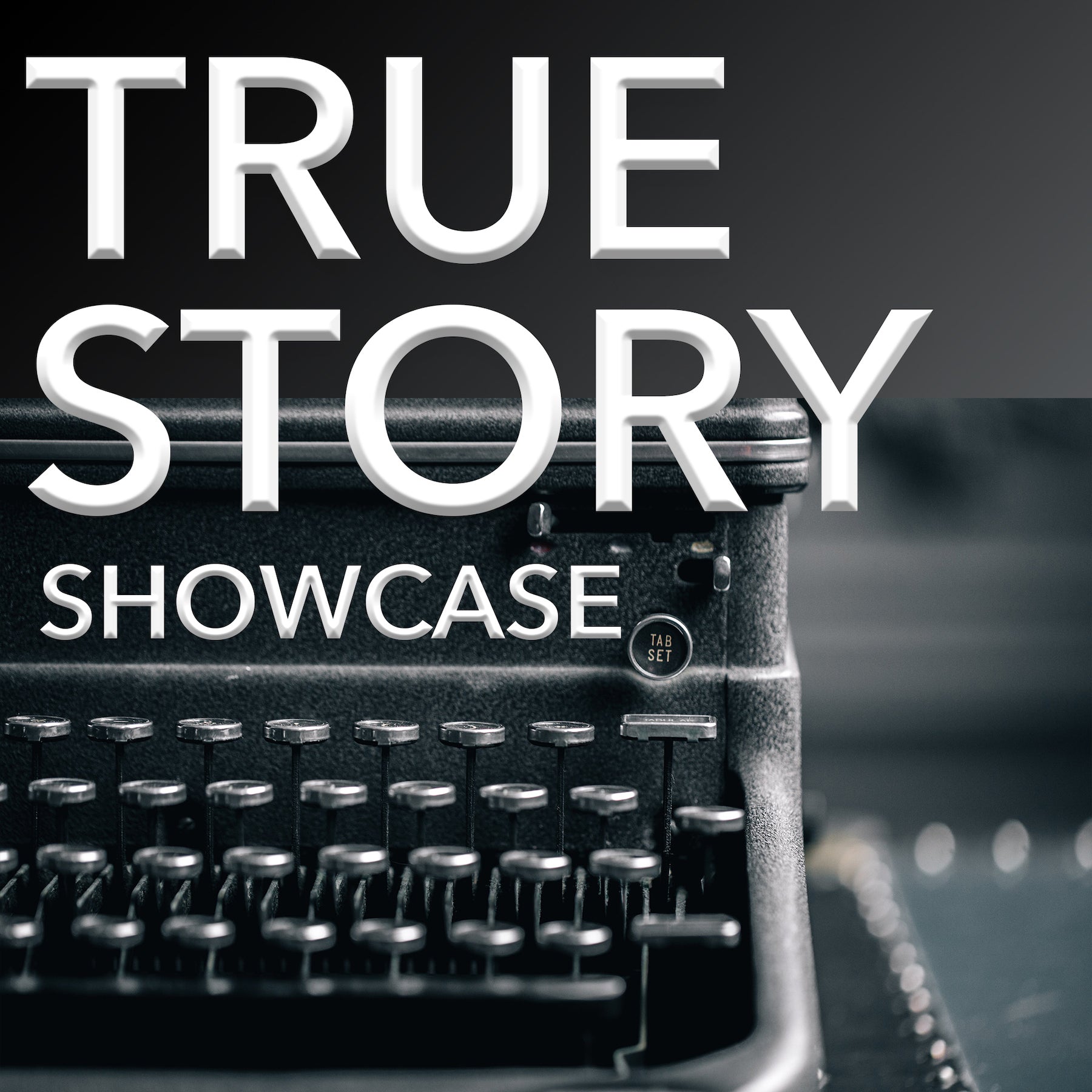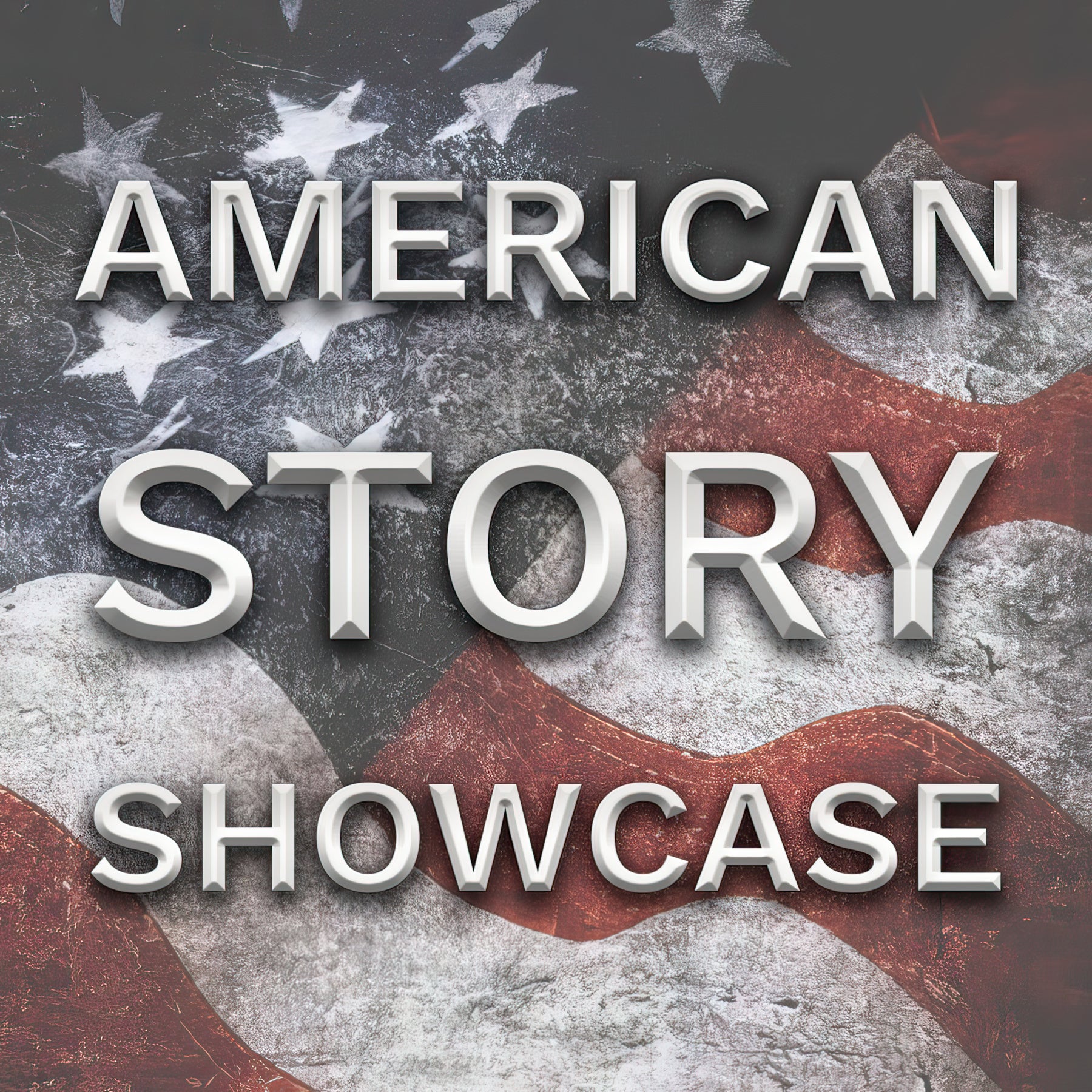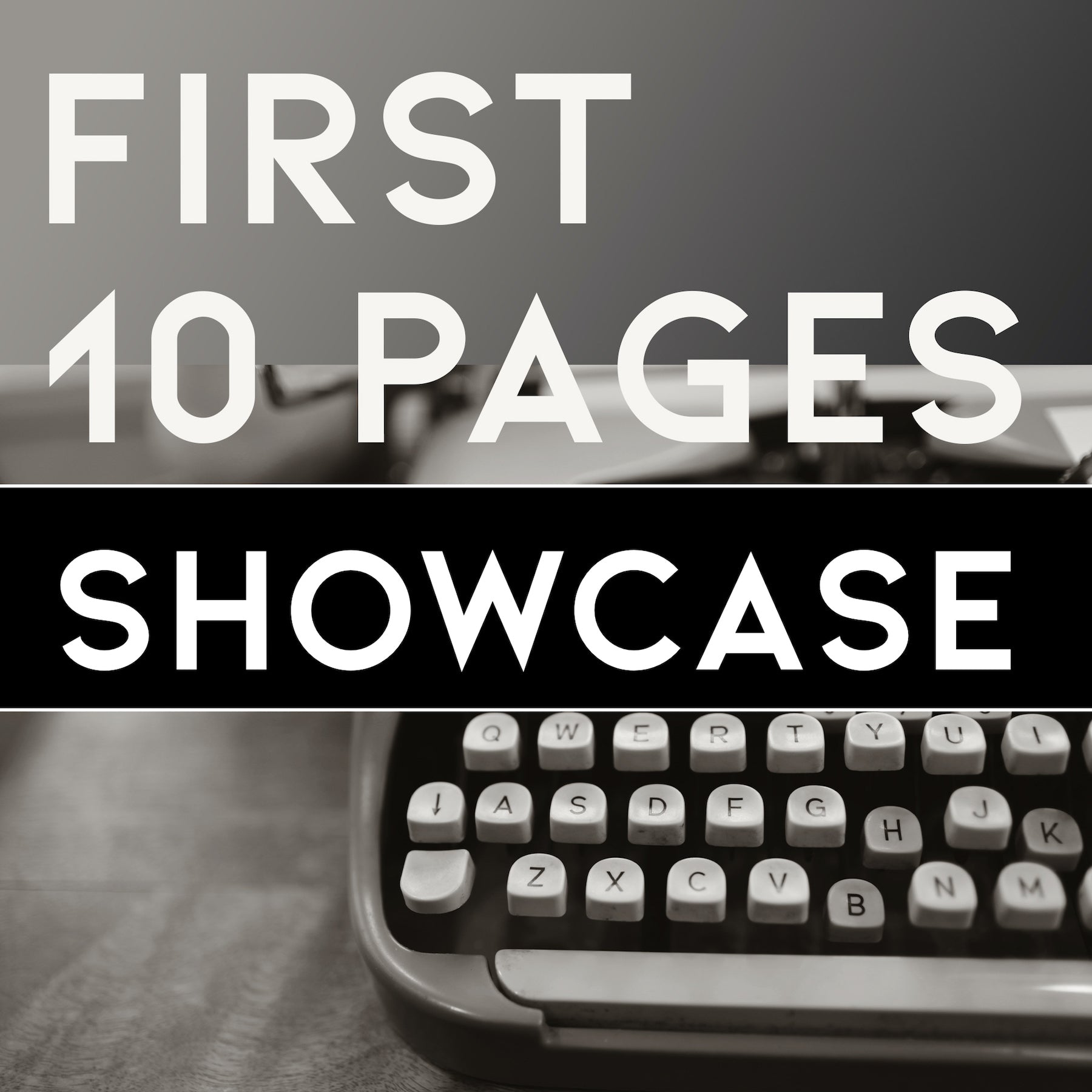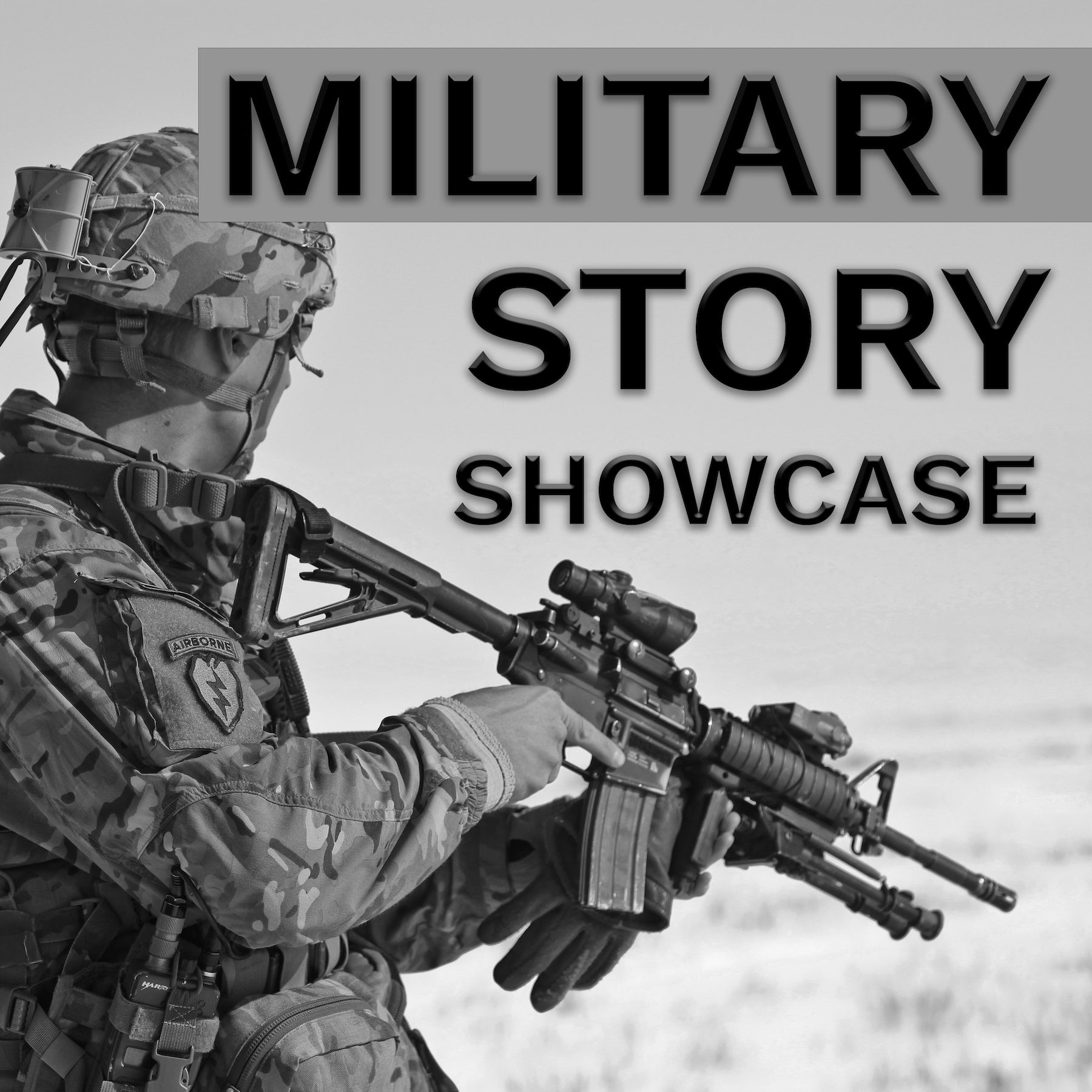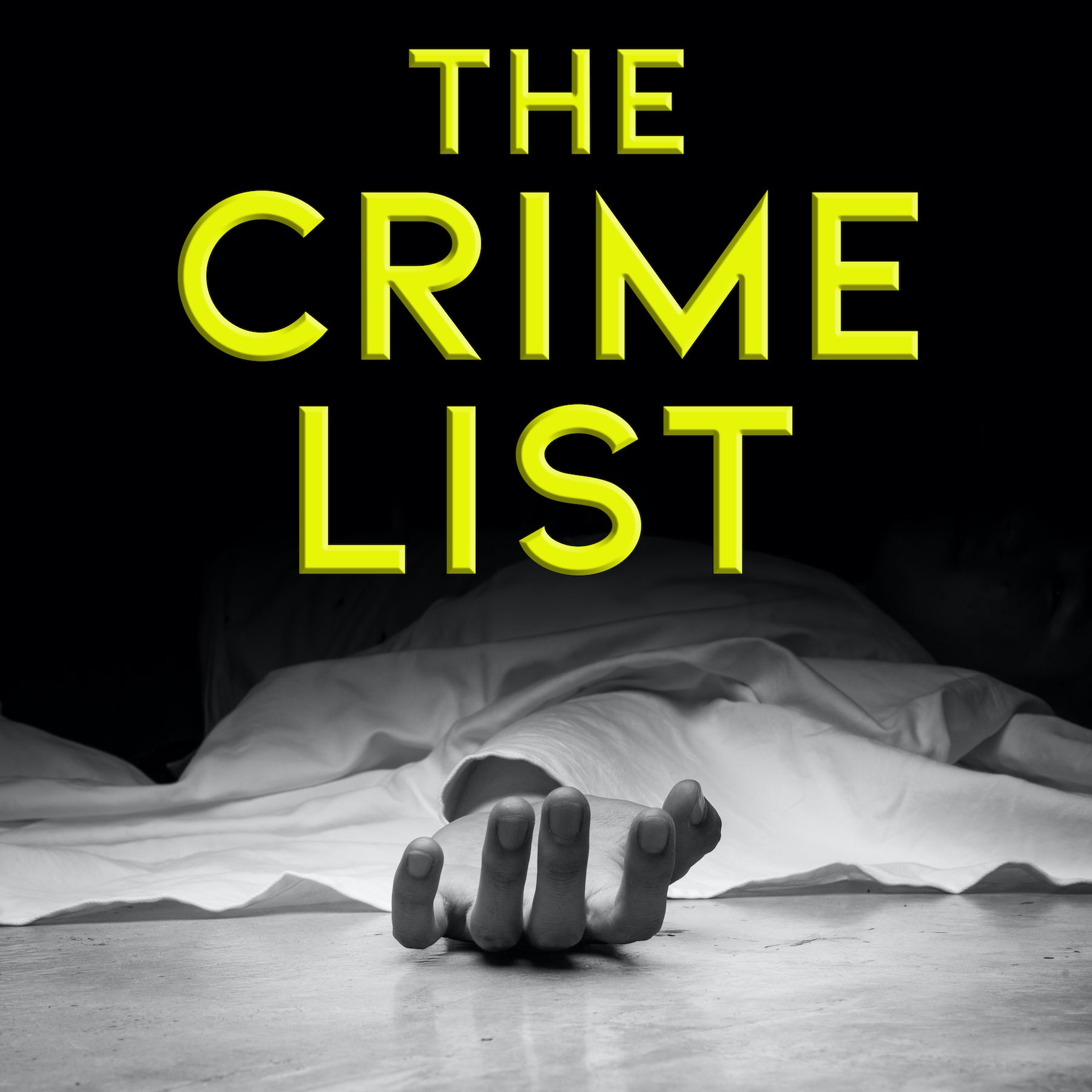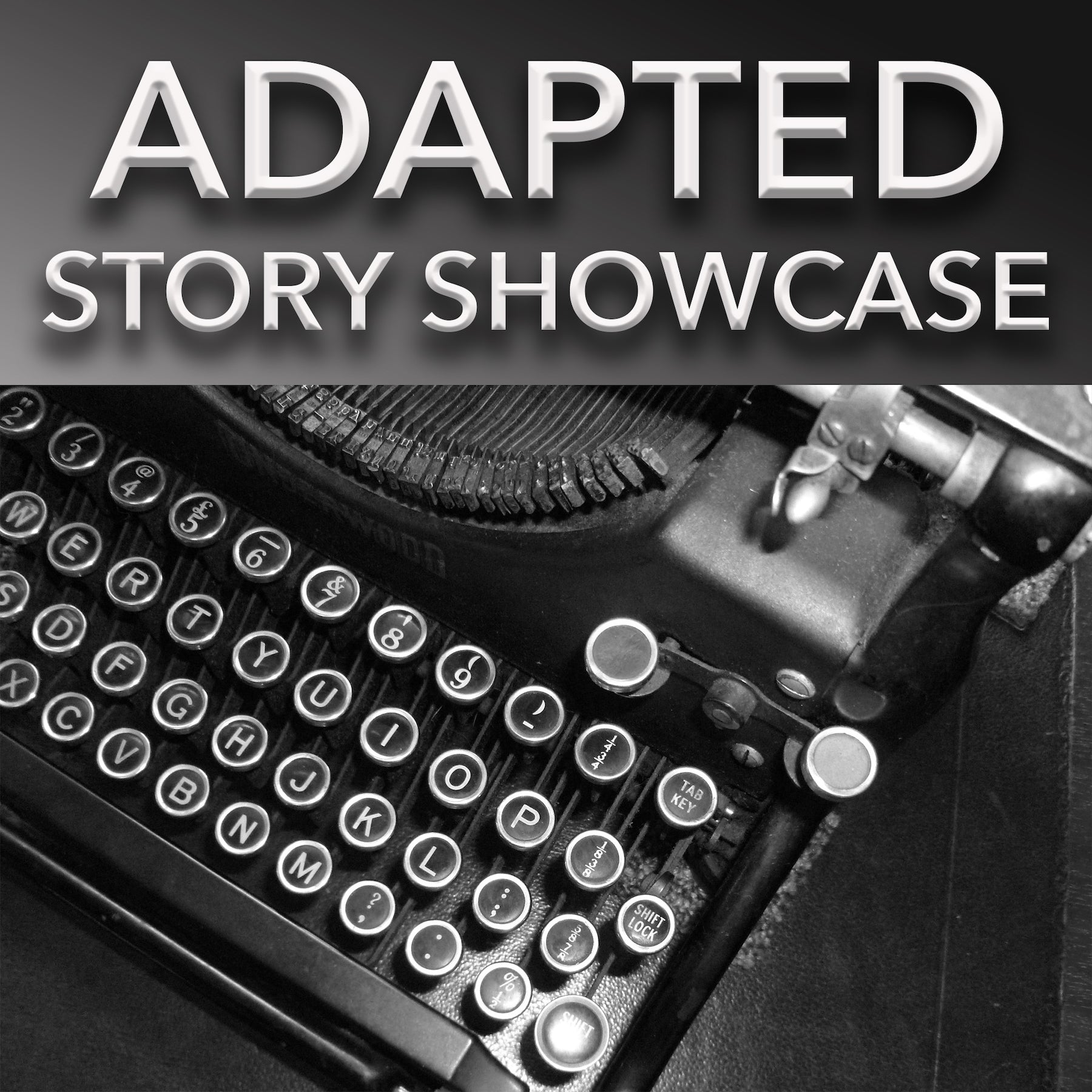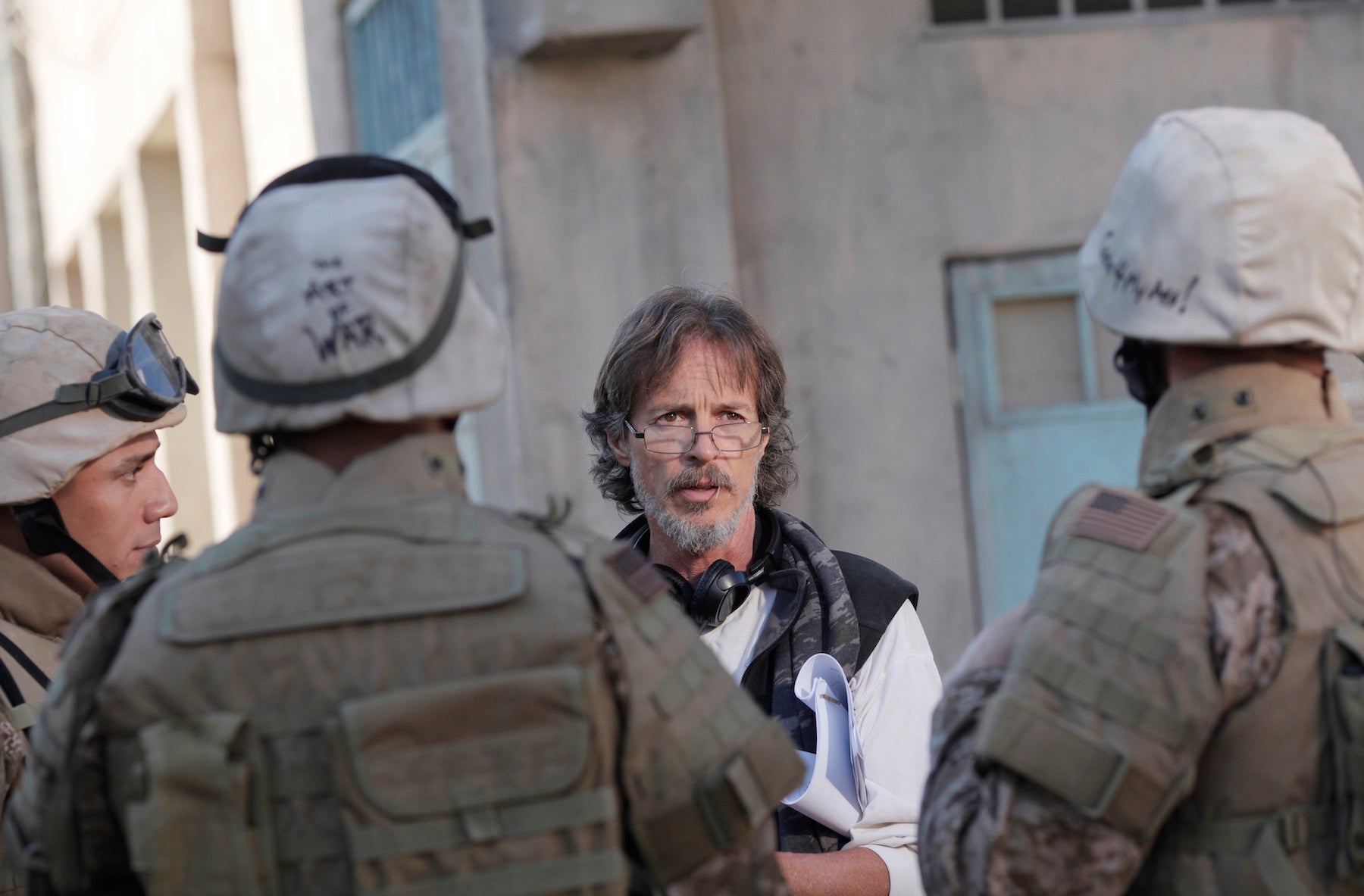
Q&A with Devil Dogs Director Lindsay Holt
In this Q&A we talk with director Lindsay Holt about making the short action/war film Devil Dogs.
Q: What attracted you to this project - why did you become involved in this film?
For me it goes back to a time when I can remember being in my teens and the older guys were still going off to, or returning from, Vietnam. That stuck with me for many years while growing up in the United States, as the foreign policy of our country was always involved in other areas of the world, and so I kept waiting for this time when I too might be subject to going off to war and yet it never happened. Being born in 1958, I just assumed it was the luck of the draw; I was in a niche of generations where the young people in my age group didn’t have to fight a war. Yet somehow inside, I always felt that there was going to be some kind of event which might cause me to become involved and somehow step up and deal with this topic of war in a way that was meaningful.
When Laura Cross, the writer and producer of Devil Dogs, asked me to come onto the project, I recognized it thus as that opportunity. That was one of my motivations. I have tremendous respect for the men and women who have served our country, whether or not I’ve agreed with the policy. I’ve always been moved by their personal stories, the things that they were dealing with, not only from the battles they fought, but, for example, also being in touch with their loved ones back home, and having to balance those two things while in the midst of a life and death situation. Marines I have met or spoken to who were actually there in Fallujah, or Iraq, or Afghanistan, all have an individual story and a collective story, and we as a society are directly connected to their stories with everything that we do. It’s really important for all of us to not forget that, regardless of what we may or may not believe about wars in general. These gents deserve our thoughtful consideration.
Q: Why do you feel now is the right time to tell this story? Why do you feel it’s so important?
Here we are in 2016. It’s 12 years later. In a few of months it will be the 12th anniversary of the second battle of Fallujah. A couple of months ago it was also the anniversary of the Blackwater incident, which set off the first battle of Fallujah. So it is very timely and, unfortunately, the situation geo-politically in the middle east has flared up again as the group known as ISIS or Daesh took Fallujah about a year before the 10th anniversary of those battles.
Now, of course, more recently, the Iraqis have been attempting to take back Fallujah, and the ISIS fighters have seemingly simply disappeared into the landscape. No doubt, another insurrection will come as the conflict itself has grown and subsided several times, reaching into neighboring countries such as Syria. So it seems it’s never over. The importance of this particular story, while looking back to 2004, is also, thus, awaiting the potential of yet another American intervention.
So films like Devil Dogs may serve as a forceful reminder of the costs of that kind of response. As the lyrics to “Angel” [the Devil Dogs theme song] say, “the Devil Dogs endure”.
American strength shouldn’t be taken for granted. Nor should it be unnecessarily wasted to simply remind the world of what we can do when angered in war. Let’s hope that future leaders get that. We’re all going through an evolution here of learning to appreciate our own resolve.
Q: Events in the Middle East continue to be reported in the media. Do you feel the story, which is set during the Iraq War in 2004, continues to be relevant?
There are so many stories coming out in the news now that reflect back on the time period of the Devil Dogs story. I recently read a New York Times article titled “The Secret Casualties of Iraq’s Abandoned Chemical Weapons” and, of course, more recently with the news reports and photojournalists stories of Iraqis retaking Fallujah from ISIS. This is definitely an ongoing story.
Q: What do you feel Devil Dogs adds to the cannon of war films?
As filmmakers, we tried to be very cautious about not having any particular agenda, and instead focus on the individual stories. We felt that alone offered so much opportunity. We had Marine consultants on the set. While shooting, one of them came up to me and was clearly on the edge of tears and he said, “What you just filmed made the hair on my arms stand up.” It really brought home to me the layers and layers of depth in these individual stories that offer the opportunity for Devil Dogs to be, perhaps, a different kind of war movie.
I’m not saying that others haven’t covered this material but that this is what we feel we can offer to the collective understanding of a very tough topic – essentially, what do young men in battle talk about and think about while a greater geopolitical drama is taking place all around them, and within which they literally find themselves like actors on a stage. In Devil Dogs, we've endeavored to reflect upon this concept.
Additionally, this film is about media in general, and how the delivery and perception of a war through the media both informs and misleads those who receive it. The film references that question in several ways, both in the soundtrack and in the cinematography. Thus, I think that for a relatively low budget independent film, we’ve done a noble job of asking a viewer to question the reality of what war is about. We’ve been accurate and specific in our references, and we’ve put them in a greater historical context at the same time. We’ve tried to make an “epic” 23-minute short film.

Q: How did your background as an artist (landscape painter) and photographer help you become a first-time director?
Being a first-time director has been a really interesting experience for me in that I have been a photographer since I was a very young man, so I just sort of felt like it was a new version of an old glove I was slipping into. Framing images, and directing shots, and looking at light in a landscape, is something I have been very familiar with all of my life.
Coming into this very group-oriented, collaborative environment where you have a tremendous group of professionals, and all of them are in sync with one another, and supporting one another, it’s been a really great experience. One has to have genuine faith in those with whom one is working ... from the director of photography to the editor and sound mixer. They’re all in there assisting in realizing the vision for the story.
Q: The project hired a Golden-Globe winning actor to play the role of the Colonel in a scene that, unfortunately for time and pacing purposes, had to be eliminated from the final cut of the film. But one of the amazing things you did for that scene, among many amazing things, is reach out and connect with Colonel Mike Shupp who was in charge of the Marine Battalion during the actual battle of Fallujah in November 2004. Tell us about that.
An unknown filmmaker contacts him, yet he could not have been a kinder, more gracious gentleman, with a willingness to tell me personal details about the things he went through. For example, they actually slept in full battle gear with their M16’s at their side, and sometimes even with their helmets on. Obviously, they had to be ready to get up and go at any moment.
He also said the speech of his that we were referencing was given several times so he had to move around from unit to unit, and that kind of inspired us to look for a place on our set that we could show him at dawn waking up and getting his thoughts together, and then receiving his personal security aide who brings him a Muslim prayer book – this was passed up the chain of command. In our story, it came from a local tribal elder of the Anbar province. One of the primary concerns Col. Shupp conveyed to me, was that it was important to him that people understood the United States Marines Corps was also dedicated to helping rebuild the city.
I think we effectively introduced that into the script, although those scenes were ultimately edited out. Nonetheless, there were things which Colonel Shupp imparted to me, which became integral to correctly understanding the greater context of Fallujah, and in particular what it meant for the Marines who fought there.
For example, the Colonel is a religious man - a devout Catholic. He mentioned a particular cross he had with him that had been given to him by a Chaplain. It was made out of olive wood, which is a very soft absorbent wood, so as he wore it underneath his uniform and all of his battle gear, his flak jacket and everything, it was transformed. It was so hot there that the wood absorbed his body heat and the perspiration from being in battle all the time. That kind of peaked my interest.
I said, “Mike, would you be able to snap a picture of that?” And he was very kind, he actually took a photograph of the cross and sent me the image. I was then able to go online and acquire one, and that too was written directly into that early scene. Once again, although this was not used in the final short version of the film, there is a small take at the very end which was used, and so the spirit of that is in there.
Q: You wrote the Original Song for the film. It’s called “Angel”. How did you step into that role?
It goes back again to the experience of my generation and growing up in the time of the 60's and 70’s. There was so much great music that really shaped our lives. So, when the opportunity came to be able to work with a seasoned musician and producer like Ira Ingber, I decided to go with it. The song's lyrics describe certain kinds of events, for example, the whole idea of kicking in someone’s door, and having to go and do that in an intense urban conflict - probably something you would never want to do, even in any other environment, unless that was your job to do it. That was what I was trying to reveal there. I think the lyrics of “Angel” are something that a lot of people may be able to relate to in trying to understand what goes on in an urban battle like Fallujah, just as I was.
Q: The song you wrote was subsequently selected to be used in a pivotal scene of the story, instead of as the theme over the credits. How did you come to that decision?
“Angel” is one of those accidental gifts that the universe sometimes bestows upon creative people who will now and then give their intuition enough attention to allow it to work correctly. I’m reminded of one artist friend who was once asked. “Why create anything?” and her answer was, “Because I had no choice in the matter”, in other words, just get out of the way, you know?
Q: You also co-created and chose other music for the soundtrack, what can you tell us about that?
Well, I had the opportunity to work very closely with two very talented composers/musicians, Justin Crosby in Boston and Ira Ingber in Los Angeles. I found a version of the Muslim “Call To Prayer” for the intro of the film, which I asked Justin to convert into musical notes and then those notes were recreated with the sound of a Middle Eastern instrument called a duduk, and Justin did his compositional magic from there.
We also closed the film with another sequence from the same “Call To Prayer” we had created, and blended over that musical piece Ira Ingber’s poignant take on the “Marines’ Hymn”. Ira’s Jimi Hendrix-like guitar rendition of the iconic hymn was the perfect ending to the entire story.
I think what we achieved was a musical synthesis which references the two cultures present in the battle.

Q: Michael Worth, that actor who plays the photojournalist Riley in the film, is in real life also a photographer, and of course you’re a photographer. How did that assist you in directing him, and working with him, and is there any part of you, as a photographer, in that role?
The kinship that many photographers have where one person already knows the vocabulary, and the moves, and the things that one has to do to produce their work came in absolutely essential in working with Michael in several scenes in the film. In that final scene, where he’s filming the helmets [inscribed with the names of the Marines who have been killed], it was an emotional day for Michael personally. So we talked about that before we shot it, and we agreed that at some point he would just let go with whatever he was feeling on that day, and he did. I just basically tried to be as quiet as possible, and step back and say a few little things that were really based on my own experiences as a photographer.
It was a really powerful scene, and a very emotional scene on the set. People were in tears. It was really something to see all the crew (wiping their eyes). When I look at the footage, and I’m just amazed at the range of expressions he’s able to bring to his character, and the real deep sense of reality you get watching him act. I think that Michael is truly a great actor. So it has been a really great pleasure to work with a genuine professional of that caliber.
The character of Riley represents one side of American collective consciousness. He is a member of the press. He’s a photojournalist. He’s quite likely a pacifist, although he’s obviously drawn to take his own brand of that into a lethal war zone. He arrives with an open mind without any particular agenda, and is very quickly thrust into a series of fire fights where in Marines, whom he has only just met, are then killed right in front of his camera. Michael showed up ready-to-play in a number of ways. He had a definite photographer's look that really added to his character, and as I mentioned, he’s a damn good actor. On camera he delivers an authenticity of character that is remarkable. I dare say, that Michael Worth's performance in Devil Dogs is perhaps one of his best.
Q: The film also has wonderful young actors playing the Marines (Greg Duke, Andres Perez-Molina, Raihan Baqui, Andrew Onochie). The writer/producer noted that you had a hands-on way of working with the cast and allowing everyone to collaborate.
Yes, that was important to me, to not be a dictator kind of director. I wanted these young guys to be able to “channel" whatever they felt their character was about – to offer lines, to offer body postures, gestures, phraseology – each in their own character. They brought a lot of depth that I don’t think the writer/producer, nor I, really knew was there. We had some truly great young actors who added so much to this film, and although the improvisations on set sometimes got a little out of control, even that as a part of the creative process was essential and welcome, because it was real.
Q: Actor John J. Pistone stepped in on the first day of shooting as O’Brien (when the project lost the original actor who was cast). He seems to have brought a lot of authenticity, as an ex-Military man?
John Pistone came along to us almost by accident, yet like a small miracle his performance as Sergeant O'Brien turned out to be truly good, as was the contributions of his military experience.
Q: As a first-time director, and as a director who came onto the project with very little notice or prep time (just a few days prior to the commencement of principal photography) how did you work with the Cinematographer, P.J. Gaynard?
My own working relationship with PJ was almost totally based in faith that his experience professionally would simply get the job done. Without that it’s not going to work at all. Thus, what PJ and his crew delivered was every bit as extraordinary as I expected it to be. So notch one up for the concept of faith, along with serious intent and inspired motivation. Those were all there in the actual shooting of this film, even down to the last hours of the last day. When everyone was exhausted, we were still out there after sunset with the lights on and the cameras rolling.
Q: Why did you select to use the RED cameras for this shoot? You also selected to shoot with two cameras, with the option for one of those being a Steadicam. What informed your choices?
In filming scenes like an urban firefight, you simply have to have multiple angles, while the Steadicam operated by Pascal [Combes-Knoke] added the kinetic sense of movement, which a real firefight must have on film or it’s just not going to convey the raw physical energy and what Marines refer to as “hyper vigilance” of such moments. Our POV was intentionally constantly changing.
Q: What did you learn from the experience of shooting your first short film? Is there anything you would do differently on your next project?
Ha Ha … that ‘the devil” is most definitely in the details, and as for the second part of the question … no comment.
Q: What was your working relationship with the writer/producer?
Well, one of the benefits of working with someone who is a personal friend, as well as a creative partner, is that you often know how they’ll think even before the fact. In this case, it worked well and often at an intuitive level, which has been, pardon the pun, “battle tested”. So I think, without question, that adds to the working relationship, and it’s a real blessing when it does.
Q: What do you want audiences to take away from the experience when they leave the theater?
Other than what I’ve already alluded to above … that their perceptions of the stories of war arrive in many different ways. That the stories of war are so multilayered, from the very personal to the collective, and that the two are so incredibly linked, that it’s just way beyond any easy “take it for granted” kind of comprehension, which is so often expected of them.



